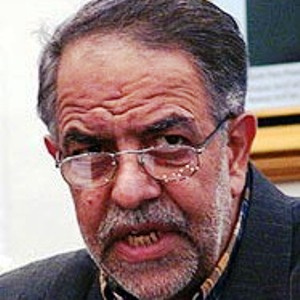Don’t Make a Mountain out of Riyadh-Washington Relations

IRD: What should be the basis of Iran’s policy be in OPEC?
AT: Inside the organization, the lever is in the hands of those members that have surplus production capacity and can regulate the flow of oil exports into the market. Iran at the moment owns this lever and has its share of global exports, but the most important factor it should retain to show stamina in the oil market is sustention of its production level. Otherwise, it will lose its OPEC stature. Signs of that are gradually appearing.
Considering the current circumstances, Iran should reinforce its position inside the organization. Mutually warm relations with all OPEC members are a must. The oil minister should make attempts-- parallel to the foreign ministry-- to reinforce ties with major oil producing countries. For instance, just as we have military and cultural attachés in our embassies abroad, we could appoint oil investment attaches. This is a potential we can realize using our rich human sources.
IRD: Do relations between Iran and Persian Gulf states –specifically Saudi Arabia- influence Iran’s oil policies?
AT: The important thing for us is to cooperate with the Saudis for our common interests in OPEC, however influenced by Washington the Saudis may be. We should not rule out improvement of ties with Saudi Arabia simply because of their special relations with Americans. The worst thing for Iranian diplomacy is to sever ties with other OPEC members. Our relations with other OPEC members should be based on common interests. Throughout the organization’s history, Iran has proved successful in regulating the oil market in cooperation with other members of OPEC. I believe that our oil-related ties with other members should be much stronger even than our diplomatic relations. Oil interests drive us towards a stronger bond, compared with diplomatic ties, which more or less follow certain rules. Oil can also be our tool in improving ties with other countries.
IRD: How do you assess Iran’s chairmanship of OPEC?
AT: The point is that Iran’s caretaker oil minister Ali-Abadi knows little about the field, like his predecessor Masoud Mir-Kazemi. In this situation, deputies should undertake more responsibilities and hold active talks with their counterparts. The minister should also hold frequent meetings with his counterparts and also take advice from the experts. The International Institute of Energy Studies, affiliated with the Oil Ministry, was initially established to be the analytical arm of the minister in OPEC-related decision-makings. This role seems to have been compromised today.

